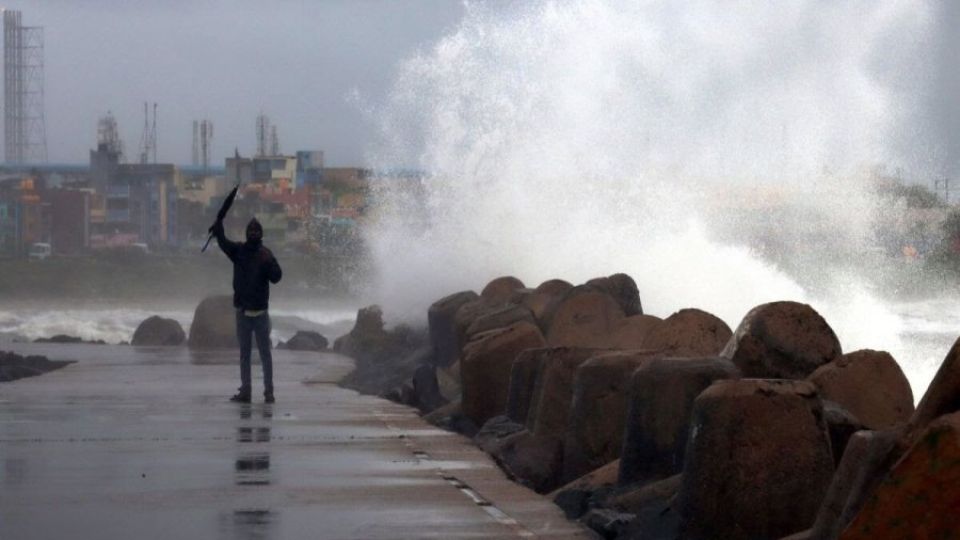October 29, 2024
BHUBANESWAR – Twenty-five years after the devastating super-cyclone of October 29-30, 1999, which tore through coastal Odisha, most survivors have managed to rebuild their lives despite the challenges of official insensitivity and bureaucratic delays. The horrific memory of the cyclone, which ravaged villages and left a trail of death, remains vividly imprinted on survivors’ minds.
Though they have moved forward, the tragedy lingers, resurfacing as they observe the cyclone’s anniversary, remembering loved ones lost to the deadly storm.
On those fateful days in 1999, the super-cyclone decimated entire villages, particularly in Jagatsinghpur and Kendrapara districts, claiming over 12,000 lives.
Many residents, unprepared and exposed to the oncoming tidal waves, paid the ultimate price. Today, however, increased awareness and training from both government and non-government agencies have instilled a culture of preparedness.
For 43-year-old Prasanta Haldar from the seaside village of Dahibar in Jagatsinghpur district, life has come full circle. The cyclone left him, a 15-year-old at the time, orphaned after losing his parents and siblings.
Surviving the trauma, Haldar has since built a stable life; he is now married with two children, and his income from fishing supports his family. The Rs 3 lakh compensation he received for his family’s loss has grown in a bank deposit, providing financial security.
Many others, like Haldar, have transformed economic hardship into resilience, replacing the despair of 25 years ago with prosperity and hope.
Reflecting on the ordeal, Haldar said, “The tragedy made me mentally stronger. Destiny played a cruel joke, robbing me of family love and security at such a young age. Facing life’s ups and downs has pushed me to work harder.”
“The cyclone took everything from me. If not for the ex-gratia and support from my maternal uncle, I would have been on the streets. I lost my father, mother, and two younger sisters, and barely survived myself. I was washed away and found in Erasama hospital. The Rs 3 lakh grant was a substantial amount back then, and saving it gave me the strength to rebuild my life,” he recalled.
Sixty-two-year-old S Ramulu, a marine fisherman from Sandhakuda near Paradip, learned a critical lesson in heeding weather warnings. Although he lost friends and neighbors, Ramulu and his family survived by following evacuation advice and relocating to the safety of a college building.
“The disaster taught me never to ignore cyclone warnings. During the recent Cyclone Dana warning, my family took it seriously, as did many others in our vulnerable community. Our village, a zero-casualty zone this time, is a stark contrast to the heavy toll in 1999 when over 2,000 lives were lost here,” Ramulu shared.
Odisha’s coastal communities have since become markedly vigilant, learning from the tragic past. Preparedness now starts at the grassroots level, with community support for evacuation efforts during warnings like Cyclone Dana, according to Kendrapara Collector Smruti Ranjan Pradhan.


